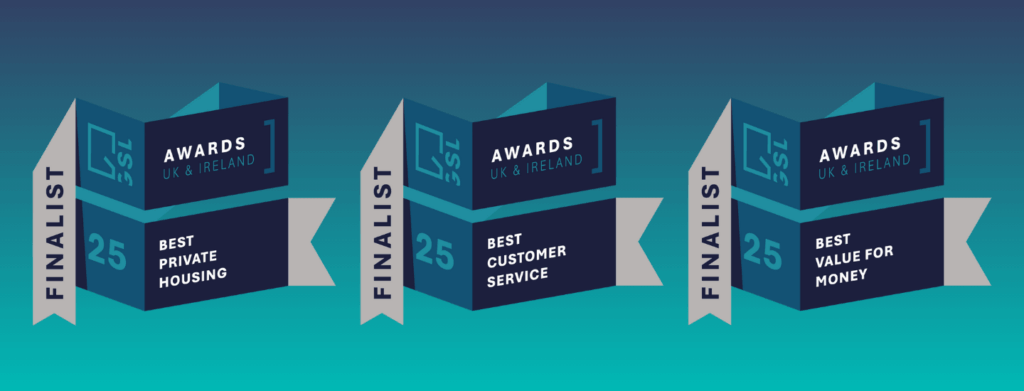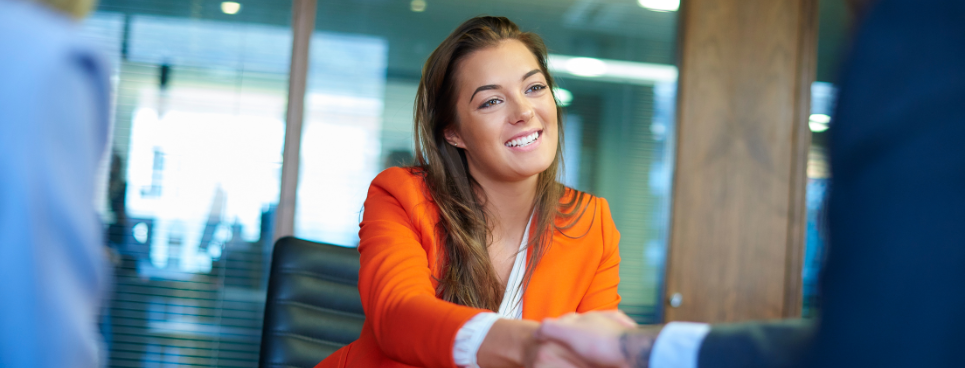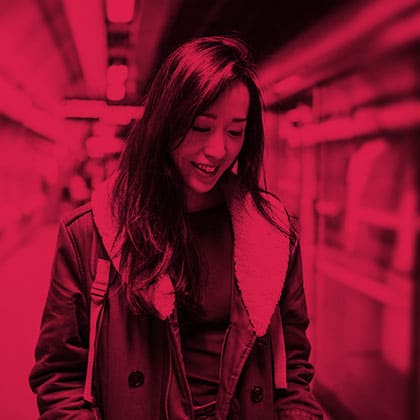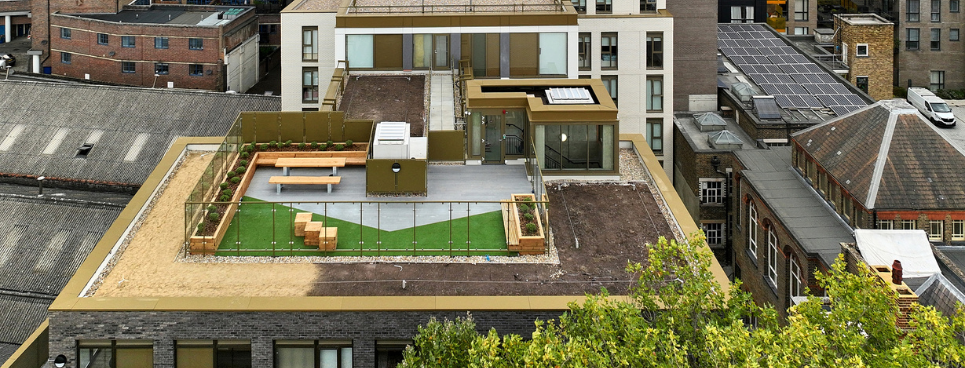News flash! Host Shortlisted for Three Prestigious GSL (Global Student Living) Awards 2025 and Retains Platinum Operator Certification
ROOMS SELLING FAST Find your new home for September

July 14th is International Non-Binary Day. It is celebrated around the world to raise awareness of issues faced by non-binary members of the LGBTQ+ community.
So, what does non-binary mean?
Most people are either male or female. But some people don’t neatly fit into the categories of “man” or “woman,” or “male” or “female.” For example, some people have a gender that blends elements of being a man or a woman, or a gender that is different than either male or female. Some people don’t identify with any gender. Some people’s gender changes over time. Many non-binary people tend to prefer using the pronouns they/them, although this is not exclusive and some prefer to use she, he, they, them interchangeably.
During a time when young people’s identities are targeted throughout the world, it’s important for LGBTQ+ young people to feel supported and understand that their identities are valid.
One way to do this is to actively become an ally. This isn’t hard. If you agree in equality and fair treatment in society for those who identify as LGBTQ+, then you are an ally already. Although your passive support is crucial and welcome, there is more you can do. Here are some tips to help make the world and fairer and more inclusive place.

LGBTQ+ has a long history, and you should approach it with the right attitude. Be open to learn, listen and educate yourself, so that you can become a better ally. Explore the history of the LGBTQ+ movement and empower yourself in understanding the prejudices people who identify as LGBTQ+ face. Although it’s important to honour the effort and sacrifices of those that have come before, it’s just as important to appreciate how far we have come in the struggle for equality whilst understanding just how far is left to go.

We should not assume a person’s gender or the pronouns they wish to be known by. If you are unsure, asking whether someone should be referred to as “he,” “she,” “they,” or another pronoun is a good step. It may feel awkward at first, but it is one of the simplest and most important ways to show respect for someone’s identity. It will also help them feel more comfortable around you.
Be a better ally by not assuming.

Unfortunately prejudice still exists in the world and we all live our lives surrounded with bias, assumptions, and stereotypes. Some of these are our own unconscious biases that we didn’t know we had, and others are biases that we hear and see from other people. You will find that being an LGBTQ+ ally means putting yourself in a situation where you will often have to challenge these. It could be that you realise a joke you made in the past wasn’t acceptable or that you’ve made an incorrect assumption that you’ve made about someone. It could mean calling out poor behaviour of others and providing support to someone in need.
If you’re open to addressing unacceptable behaviour caused by prejudice and bias, then you can be a better ally.

Using the correct terminology and making an effort to understand the correct language to use can make all the difference in supporting the LGBTQ+ community. It could begin with something as easy as reading a glossary of terms. Or even just understanding what the abbreviation LGBTQIA means. It might seem like a small step, but it’s crucial in ensuring that you’re educated enough to be respectful to everyone around you. You will also feel more confident when discussing LGBTQ+ issues, and most importantly, being an ally. Check out this site for some inspiration.
To become more ‘environmentally friendly’, Host is launching the #HostEnvironmentalPledge campaign to encourage responsible behaviour and drive sustainability across our sites throughout the UK and Ireland.
It’s a simple campaign! For every percent we reduce our overall utilities (electric, water and gas) consumption by we donate to one of our nominated charities.
Show me all newsAs the academic year winds down, many students start packing their bags and heading home for a much-needed break. But what if you stayed in your university town or city instead? Picking up a summer job where you study can be a game-changer - not just for your bank balance, but also for your personal growth and career prospects. Here's why staying local this summer might be one of your smartest moves yet, along with practical tips to make the most of it.
Choosing where to live during your studies in London is about more than just finding a place to sleep - it’s about finding a supportive, safe, and enriching environment that enhances your university experience. Here's why thousands of students choose Host as their student accommodation provider in London every year.



